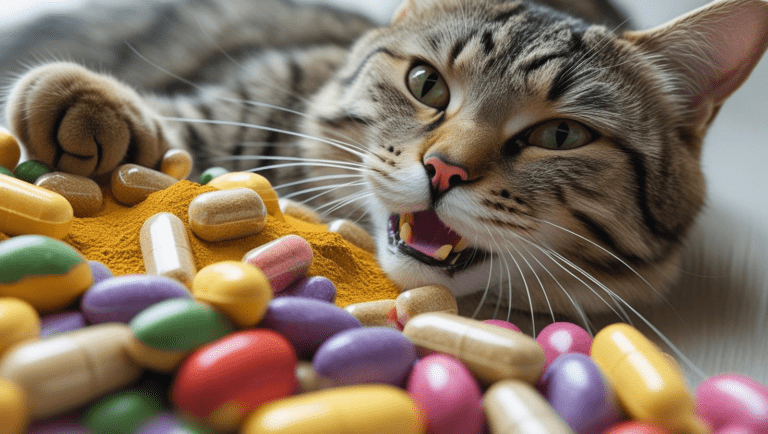When you welcome a dog into your life, you commit to ensuring their happiness and well-being for years to come. While dogs bring joy and companionship, it’s important to remember that they also rely on us to look after their health. In this guide, we’ll explore common health issues in dogs.

Understanding Your Dog’s Basic common health issues
Dogs, just like humans, need a combination of physical exercise, proper nutrition, and regular health check-ups to stay healthy. Below are some key areas to focus on to keep your dog in top condition.
1. Routine Animal Health Care
Regular visits to the veterinarian are crucial for maintaining your dog’s health. Even if your dog seems healthy, routine exams can help detect potential health issues early on. Vaccinations, parasite prevention, and dental check-ups are all part of preventive healthcare.
- Tip: Most vets recommend a check-up at least once a year for younger dogs, and more frequently for senior dogs.
- Common Preventive Services: Heartworm prevention, flea and tick treatments, and routine blood tests.
2. Balanced Nutrition for Dogs
A well-balanced diet is key to your dog’s overall health. Dogs require different nutrients at different stages of life, so it’s essential to choose a diet appropriate for your dog’s age, size, and health status.
- Puppies: Require high-quality protein and fat for growth.
- Adult Dogs: Need balanced levels of protein, fat, and carbohydrates to maintain energy levels.
- Senior Dogs: May benefit from lower-calorie foods and supplements for joint support.
3. Exercise and Mental Stimulation
Regular exercise is essential to keep your dog fit and mentally engaged. It helps prevent obesity and keeps your dog’s heart, joints, and muscles strong.
- Daily Walks: Aim for at least 30 minutes to 1 hour of physical activity, depending on your dog’s breed and energy level.
- Mental Stimulation: Use interactive toys, puzzle feeders, or teach your dog new tricks to keep their mind sharp.
4. Grooming and Hygiene
Keeping your dog well-groomed is important not just for their appearance but for their health as well. Regular grooming helps prevent skin infections, manage allergies, and control parasites like fleas and ticks.
- Brushing: Regular brushing helps remove dirt, dead hair, and prevents matting.
- Bathing: Bathe your dog once every few weeks or as needed based on their activity level.
- Nail Care: Trim your dog’s nails regularly to prevent overgrowth, which can lead to discomfort or injury.
5. Monitor for Signs of Illness
Dogs can’t tell us when they feel unwell, so it’s important to watch for dog disease symptoms or unusual behavior. Early detection can make a huge difference in how quickly your dog recovers.
Common dog disease symptoms to watch for
- Changes in appetite or water consumption
- Lethargy or weakness
- Vomiting or diarrhea
- Coughing or sneezing
- Changes in urine or bowel movements
- Excessive scratching or licking of certain areas
If you notice any of these symptoms, it’s best to consult your veterinarian right away.
Common Dog Health Problems and How to Manage Them
Even with the best care, dogs can develop health problems. Here are some of the most common health issues in dogs and what you can do to manage or prevent them.
Obesity
Obesity is a growing problem in dogs and can lead to a host of other issues such as diabetes, arthritis, and heart disease.
-
Prevention: Feed your dog appropriate portions, avoid over-treating, and ensure they get enough exercise.
-
Treatment: Work with your vet to develop a weight loss plan, which may include a special diet and exercise program.
2. Arthritis
Older dogs often suffer from arthritis, which can make movement painful and decrease their quality of life.
-
Management: Glucosamine supplements, physical therapy, and anti-inflammatory medications can help manage arthritis pain.
3. Dental Diseases
Dental disease is common in dogs and often results from a lack of proper oral care. It can cause pain, tooth loss, and infections.
-
Prevention: Brush your dog’s teeth regularly and provide dental chews. Annual dental check-ups with your vet are essential.
4. Skin Allergies
Dogs can develop allergies to food, environmental factors, or fleas. These allergies often show up as itchy, red, or inflamed skin.
-
Management: Your vet may recommend antihistamines, special shampoos, or a hypoallergenic diet depending on the cause.
The Importance of Pet Insurance for Peace of Mind
Owning a dog comes with unexpected medical costs, and the last thing you want is to hesitate when your dog needs medical attention due to expense. Pet insurance can help offset the costs of vet visits, treatments, and emergency care.
- Pro Tip: Compare pet insurance plans to find the best coverage for routine exams, vaccinations, and emergency treatments.
Final Thoughts: Being a Responsible Dog Parent
Caring for a dog is a long-term commitment, and keeping them healthy should always be a top priority. By providing proper nutrition, regular exercise, preventive veterinary care, and plenty of love, you’ll help ensure that your dog leads a happy, healthy life for years to come. Additionally, engaging in Dog Sports and Activities can be a great way to keep your dog physically fit and mentally stimulated,
Remember: A healthy dog is a happy dog!
Taking these simple steps can prevent many common health problems. Best dog food & nutrition give your furry companion the best chance at a long and joyful life. If you ever have doubts or concerns, don’t hesitate to reach out to your veterinarian for guidance
tags #Common health issues in dogs #dog diseases symptoms #dog health problems






